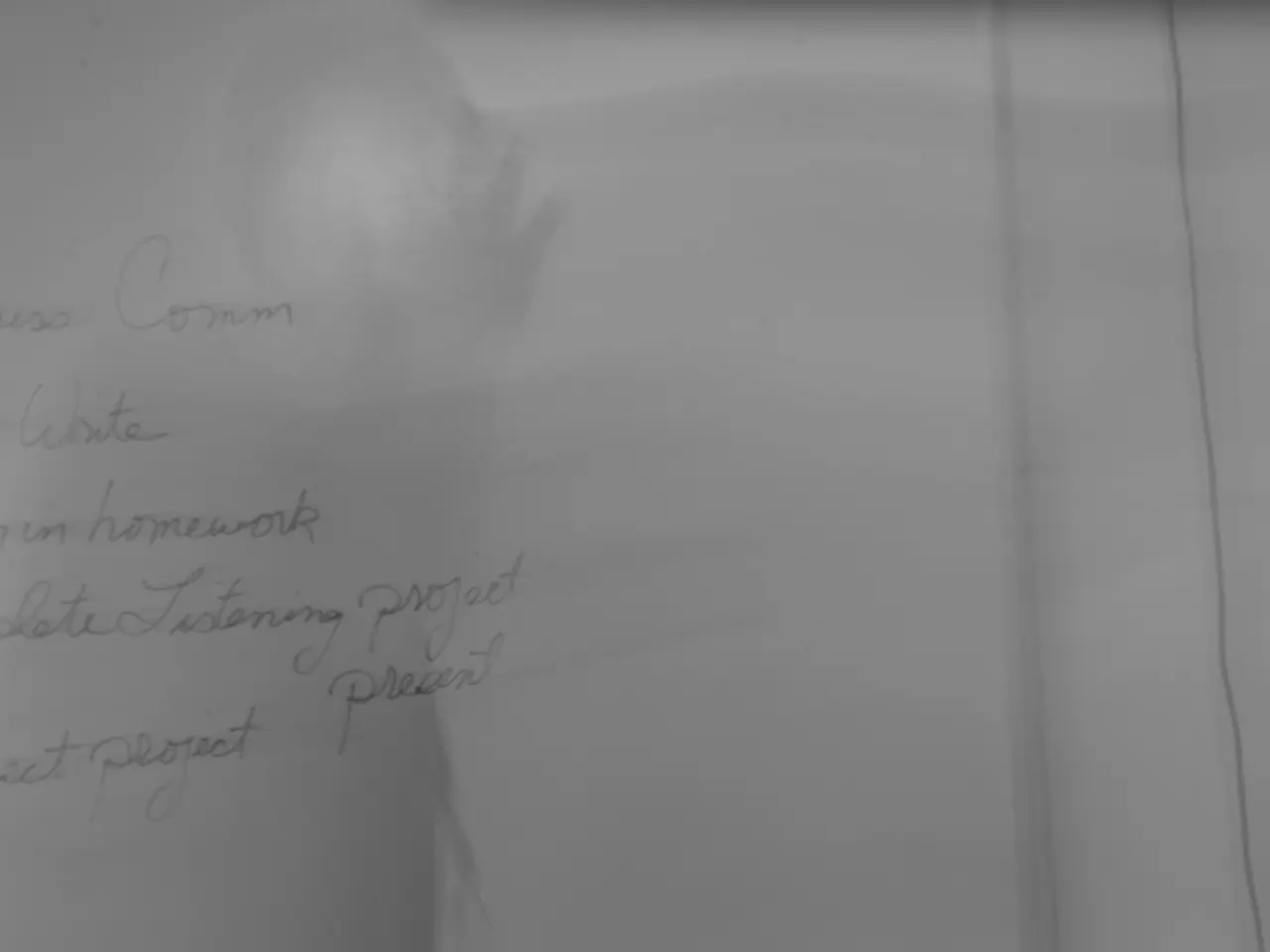The Interplay of Human Survival and the Influence of Wealth on Political Decisions
In the realm of politics, the influence of affluent individuals and groups has become a significant concern, as it often shapes legislation in ways that prioritize their own interests over the broader public good. This skewed political landscape can have far-reaching consequences, particularly on critical issues such as healthcare, environmental protection, and social welfare.
One of the most pronounced effects of this influence is the implementation of policies that favour the wealthy. Wealthy individuals and groups use their financial power—through campaign contributions, lobbying, and philanthropy—to push for tax cuts and deregulation that benefit them directly. A prime example is the "Big Beautiful Act" of 2025, which prioritized tax breaks for the ultra-rich while cutting funding for social programs critical to the middle and working classes, thereby deepening economic inequality.
This economic disparity, in turn, reduces the political influence of lower and middle-income groups, creating a cycle where policy outcomes increasingly reflect elite interests rather than median voters. The result is a widening wealth gap, with the top 1% capturing a disproportionately large share of national income.
Moreover, the divergence in interests between wealthy elites and the general population fuels political polarization, making bipartisan cooperation on urgent issues like climate change and public health more difficult. This polarization, coupled with the erosion of democratic trust and participation due to public perception of undue influence by the rich, leads to voter apathy and disengagement. Wealthier citizens, who tend to vote and donate at higher rates, skew democratic responsiveness away from the median voter.
The influence of affluent groups may also result in underfunding of public goods that are vital for human survival, such as universal healthcare, environmental protections, and social safety nets.
To address these issues, several reforms are proposed. Transparent campaign finance reform, including strict limits on contributions and expenditures, greater transparency in funding sources, and public financing of campaigns, can reduce the outsized political influence of the wealthy and increase policymakers’ accountability to all constituents.
Voter incentive programs, designed to increase voter turnout among lower-income groups, can help recalibrate political representation to better reflect median voter interests, thus diminishing electoral imbalance caused by socio-economic disparities.
Strengthening tax systems by taxing wealth more fairly, closing loopholes exploited for profit shifting, and eliminating exemptions that benefit the wealthy can generate public revenue to fund essential services and reduce inequality. Regular public reporting of tax and revenue data can improve public oversight and hold policymakers accountable for equitable resource distribution.
Policies promoting vertical equity, ensuring that tax burdens and public services fairly consider individuals’ ability to pay, with targeted support for poorer groups, support social equity and sustainable development. Strengthening domestic revenue authorities can combat tax abuse and expand the tax base, securing funding for public goods vital to human survival, such as health and infrastructure.
In conclusion, comprehensive political reform is necessary to address the challenges posed by wealthy political influence. Encouraging civic engagement among underrepresented populations can amplify diverse voices in political discourse. Prioritizing collective well-being over individual gain is essential for creating a more just society. Economic disparities and wealth concentration pose threats to democratic governance and societal well-being. Stricter regulations on campaign contributions can help level the playing field in politics. Strengthening transparency requirements for lobbying activities can help illuminate connections between money and policy outcomes. Comprehensive reforms that promote equity, transparency, and accountability are necessary to ensure a sustainable future for all.
- The influence of affluent individuals and groups often shapes legislation, prioritizing their interests over the broader public good, which can have far-reaching consequences on critical issues such as healthcare and social welfare.
- The implementation of policies that favor the wealthy can deepen economic inequality, as seen in the "Big Beautiful Act" of 2025, which prioritized tax breaks for the ultra-rich while cutting funding for social programs critical to the middle and working classes.
- The resulting economic disparity reduces the political influence of lower and middle-income groups, creating a cycle where policy outcomes increasingly reflect elite interests rather than median voters, leading to a widening wealth gap.
- Transparent campaign finance reform, including strict limits on contributions and expenditures, greater transparency in funding sources, and public financing of campaigns, can reduce the outsized political influence of the wealthy and increase policymakers’ accountability to all constituents.
- Strengthening tax systems by taxing wealth more fairly, closing loopholes exploited for profit shifting, and eliminating exemptions that benefit the wealthy can generate public revenue to fund essential services and reduce inequality, promoting vertical equity and ensuring that tax burdens and public services fairly consider individuals’ ability to pay.




